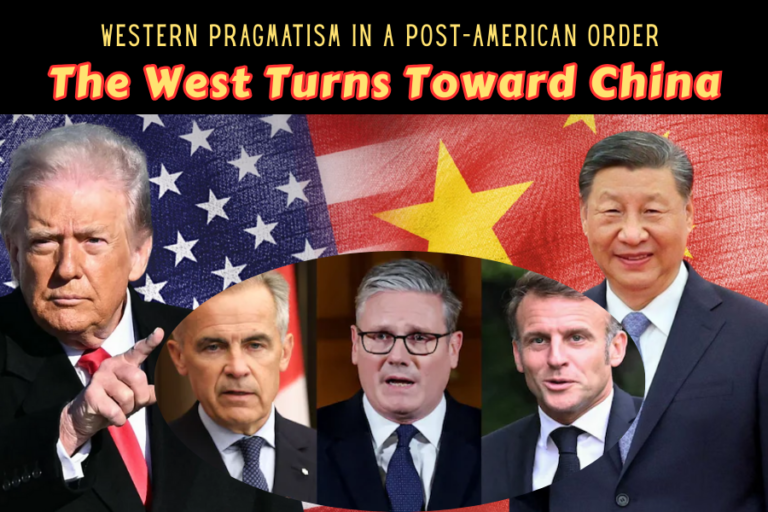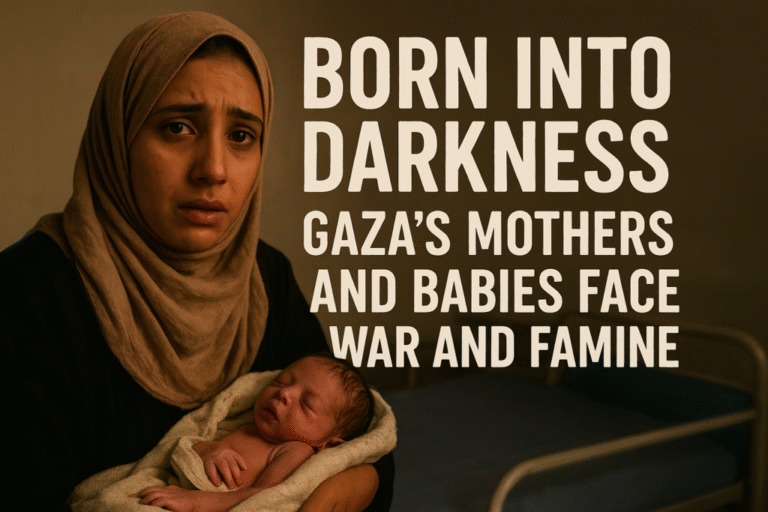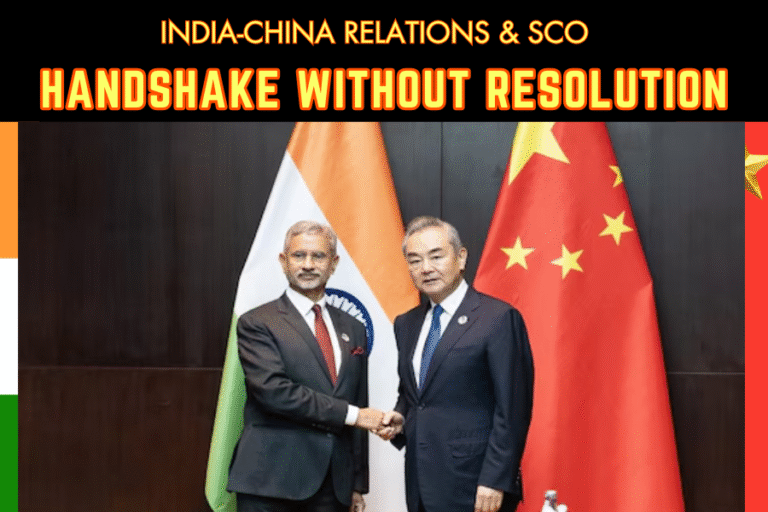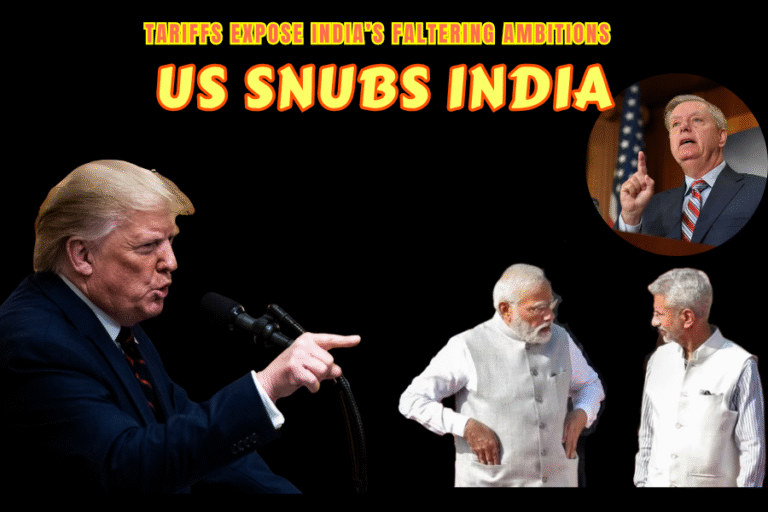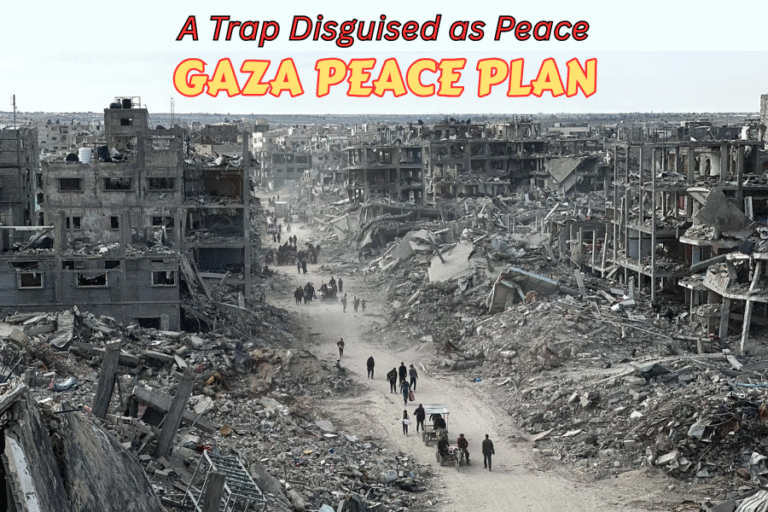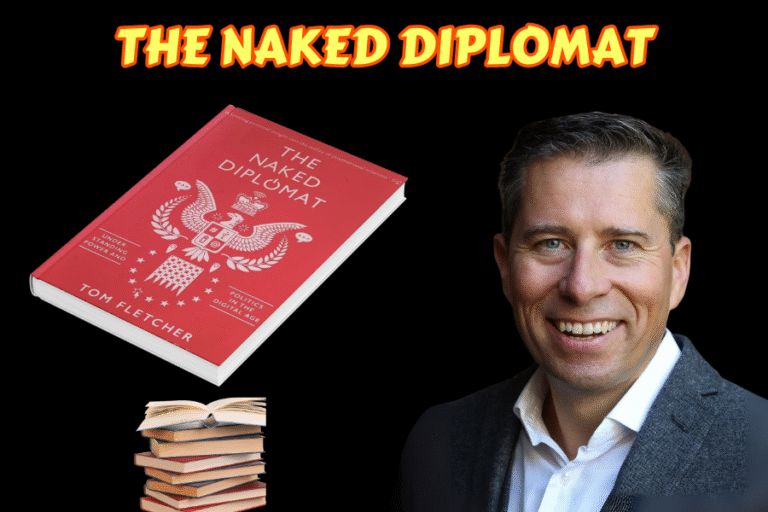(By Ayesha Mahnoor)
Doha, Qatar – In a move that has sent shockwaves across the Middle East and irrevocably altered the geopolitical landscape, an audacious Israeli airstrike on the 9th of September 2025 pierced the veneer of diplomatic sanctity in Doha. The target: the political leadership of Hamas, gathered to deliberate a ceasefire proposal. The fallout: a cascade of diplomatic fury, a stark exposé of military vulnerabilities, and a hastily convened summit of Islamic nations grappling with a new era of brazen conflict.
The meticulously planned Israeli operation saw a squadron of F-15 and F-35 fighter jets launch sophisticated air-launched ballistic missiles that arched high over the Arabian Peninsula before descending on their target in the Qatari capital. The attack, whilst failing to eliminate the senior Hamas leadership, claimed the lives of six individuals, including a Qatari security officer, and sent a clear, chilling message: no sanctuary is absolute.
This audacious military gambit has thrown into sharp relief the intricate and often contradictory alliances that define the region. Qatar, a key American ally and host to the largest US military base in the Middle East, has for years served as the designated mediator between the West and Hamas, a role actively encouraged by Washington. That this mediating role was so violently disregarded has been viewed in Doha not just as an act of aggression, but as a profound betrayal.
The Unseen Threat: A Failure of Defence and a Question of Sovereignty
The immediate aftermath of the strike raised pressing questions about the efficacy of Qatar’s formidable air defence network. Billions have been invested in state-of-the-art systems, including the American-made Patriot and NASAMS batteries, complemented by a sophisticated air force of Rafale, Typhoon, and F-15QA jets. That these systems remained inert as Israeli missiles found their mark has been a sobering moment for Doha.
Military analysts suggest a combination of factors rendered Qatar’s defences ineffective. The use of stealth aircraft, coupled with the high-altitude trajectory of ballistic missiles, may well have evaded or significantly delayed detection by Qatari radar. Furthermore, the possibility of advanced Israeli electronic warfare capabilities effectively blinding Qatari systems cannot be discounted. The event serves as a stark reminder that even the most advanced defensive hardware is not impervious to a technologically superior and meticulously planned offensive. There is little to suggest a conscious political decision to withhold a military response; rather, the attack’s success appears to be a consequence of a failure to detect and intercept in time.
A War of Words: Diplomatic Duels at the United Nations
The conflict swiftly transitioned from the physical to the diplomatic arena, with a tense emergency session at the United Nations Security Council. Pakistan, a vocal proponent of the Palestinian cause and a close ally of Qatar, spearheaded the condemnation. Its envoy passionately decried the strike as a flagrant violation of Qatar’s sovereignty and a deliberate act of sabotage against the fragile peace process. The Pakistani diplomat underscored the grave implications of attacking a nation actively engaged in mediation, accusing Israel of seeking to perpetuate the conflict.
In a robust and unapologetic rebuttal, the Israeli representative framed the operation as a legitimate act of counter-terrorism, asserting Israel’s right to pursue Hamas leadership wherever they may be found. The duel of words laid bare the deep-seated divisions within the international community, with the episode further straining the already fraught relationship between Israel and the Muslim world.
A United Front? The Doha Summit and the Islamic Response
In the wake of the attack, Doha became the stage for an emergency summit of Arab and Islamic nations, a gathering charged with formulating a unified response. The prevailing sentiment was one of outrage and a renewed sense of solidarity with Qatar. A draft resolution circulated at the summit unequivocally condemned the Israeli strike as an attack on all Arab and Islamic countries and called for measures to protect Qatar’s security and sovereignty.
The Emir of Qatar, Sheikh Tamim bin Hamad Al Thani, delivered a fiery opening address, accusing Israel of state terrorism and of undermining the very principles of mediation. The summit has been a platform for strong rhetoric, with calls for tangible consequences for Israel’s actions. Pakistan’s Foreign Minister urged for a “clear roadmap” beyond mere speeches, whilst Iran advocated for the severing of all ties with Israel.
The Uncharted Future: Predicting the Next Moves
The Israeli strike on Doha has set in motion a series of geopolitical realignments, the full consequences of which are yet to unfold. Several key developments can be anticipated:
- Qatar’s Mediation Role in Jeopardy: Doha is likely to reassess its position as the primary mediator between Israel and Hamas. The attack has demonstrated the inherent risks and the lack of immunity that comes with this role. This could create a diplomatic vacuum, complicating future ceasefire and hostage negotiations.
- A Hardening of Stances: The attack will almost certainly entrench the positions of all parties. For Israel, it signals a continued commitment to a hawkish security policy. For Hamas and its allies, it will serve as a powerful rallying cry and a justification for continued resistance. For many Islamic nations, it will reinforce the narrative of Israel as a rogue state, making any future normalisation of relations exceedingly difficult.
- Pakistan’s Assertive Role: Pakistan is poised to take an even more prominent role in advocating for the Palestinian cause and in supporting its allies in the Gulf. Expect Islamabad to leverage its diplomatic and military standing within the Islamic world to push for a more robust and unified stance against perceived Israeli aggression.
- A Strained US-Israel Alliance: The attack on a key American ally, without apparent prior US consent, will undoubtedly add another layer of complexity to the often-turbulent relationship between Washington and Tel Aviv. The US will be forced to navigate the delicate task of reassuring its Arab partners while maintaining its traditional support for Israel.
- A Re-evaluation of Regional Security: For Qatar and other Gulf states, the attack serves as a stark warning. The long-held assumption that a close relationship with the United States guarantees their security has been shaken. This may lead to a diversification of strategic alliances and a greater emphasis on indigenous defence capabilities.
In conclusion, the strike on Doha was more than just a military operation; it was a profound disruption of the established diplomatic order. It has exposed vulnerabilities, shattered trust, and drawn new battle lines, both visible and invisible. The path forward is fraught with uncertainty, but one thing is clear: the quest for peace in the Middle East has become immeasurably more complex. The echoes of the Doha explosions will resonate for years to come, shaping the alliances, enmities, and the very future of this volatile region.


